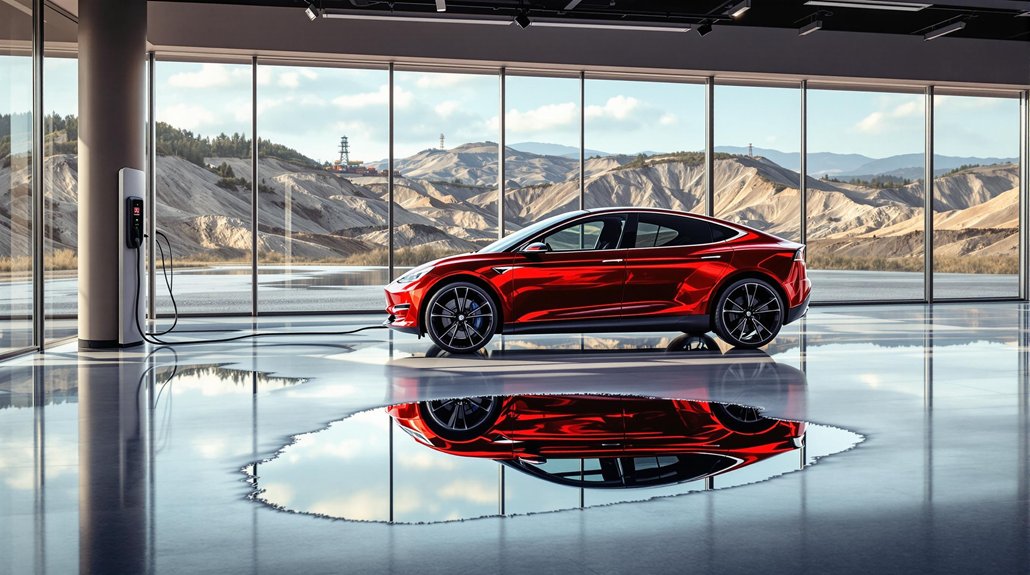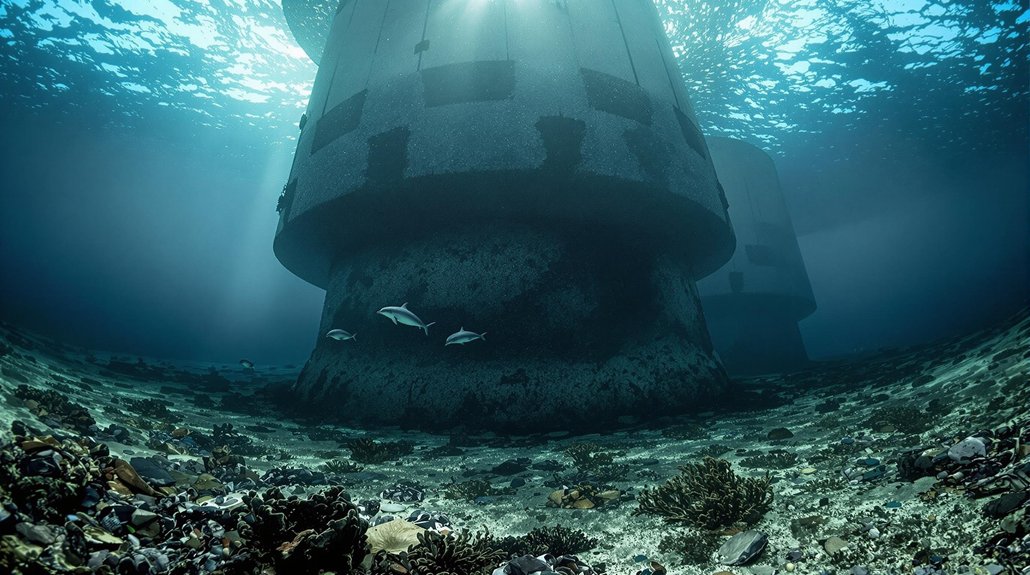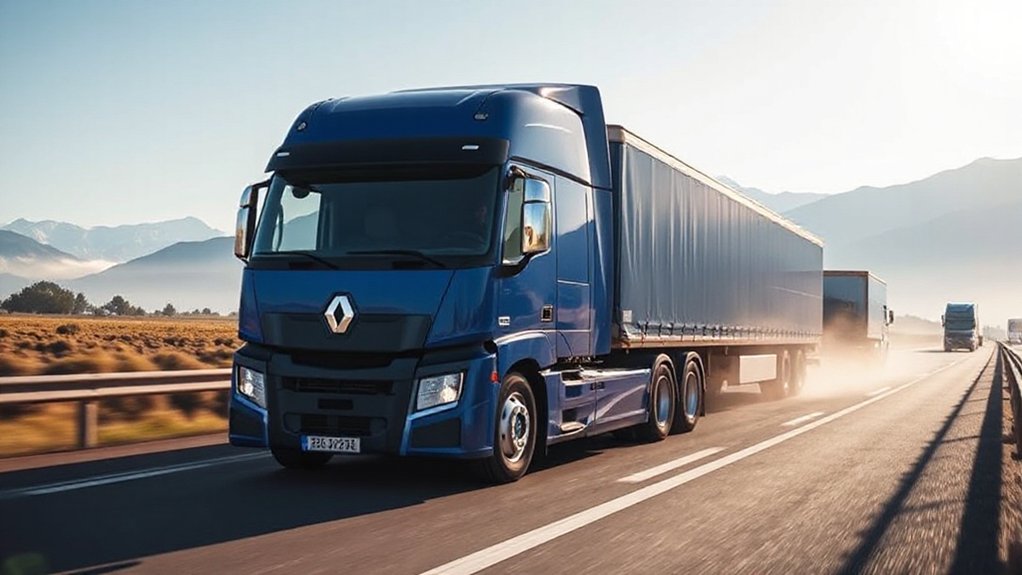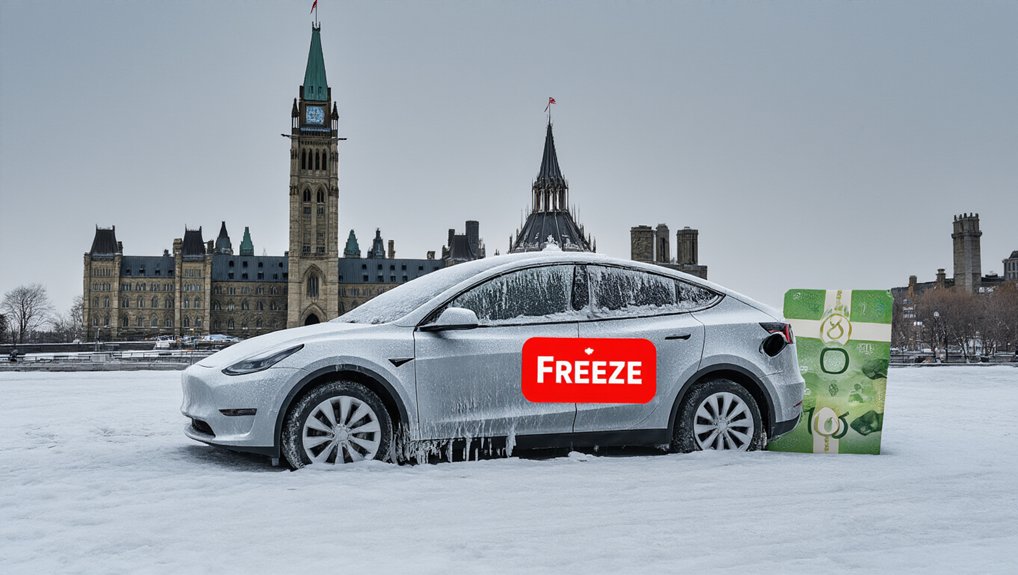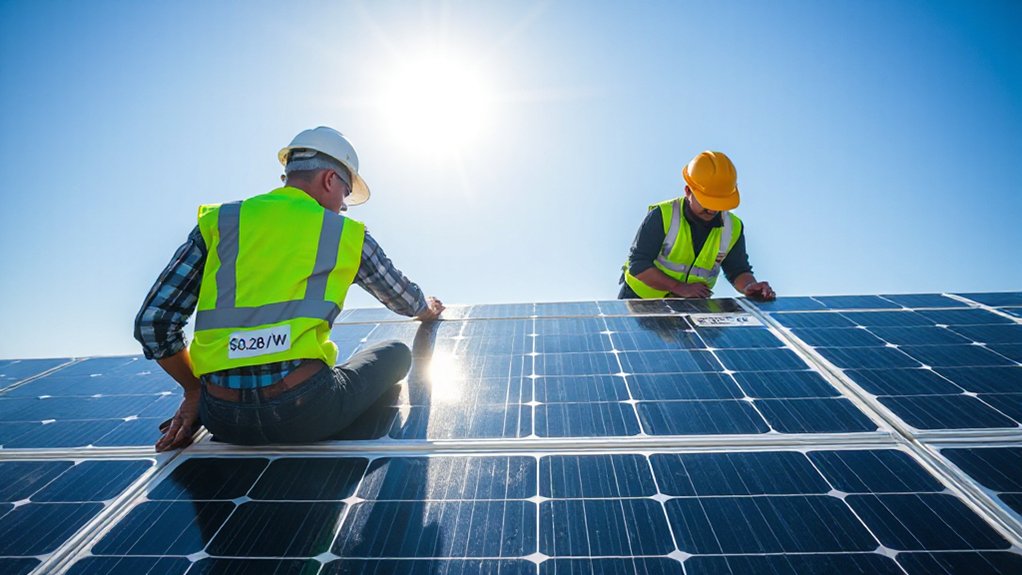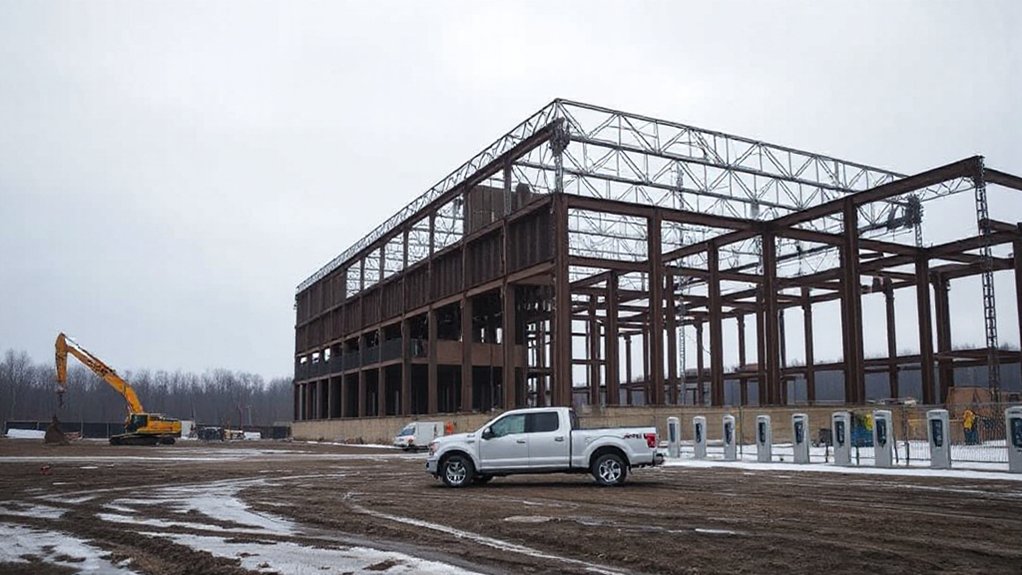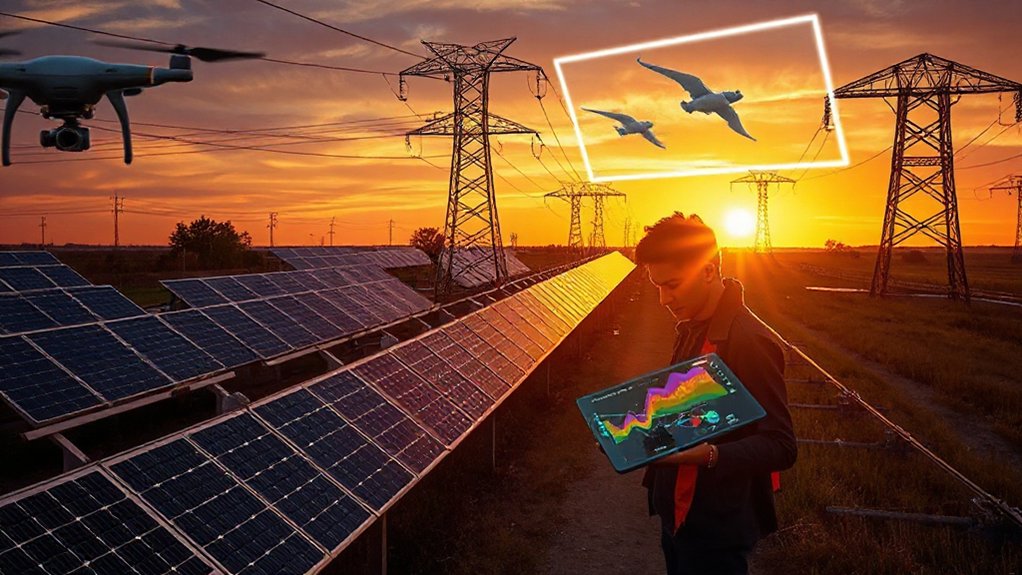America’s electric vehicle sales are booming, yet buyer enthusiasm is fizzling. Weird, right? EVs carry environmental baggage—battery production isn’t exactly eco-friendly. Consumers face sticker shock despite government handouts. Range anxiety persists. Charging stations? Still too scarce in many regions. Automakers dump billions into electric futures while shoppers increasingly hesitate at dealerships. It’s the classic case of reality crashing headfirst into the electrified dream. The road ahead looks…complicated.
Why are the vehicles meant to save our planet potentially harming it? Americans are buying electric vehicles at record rates, yet enthusiasm is cooling faster than a battery in winter. It’s the ultimate paradox – we’re racing toward an electric future while simultaneously hitting the brakes.
The problem isn’t simple. EV production creates an environmental mess before the cars ever hit the road. Mining for lithium, cobalt, and nickel scars landscapes and pollutes water sources. Battery manufacturing pumps out more carbon than making traditional cars. So much for “zero emissions.” That label only applies when the rubber meets the road, not when factories are churning out these technological marvels.
The dirty secret of clean cars: those gleaming EVs arrive pre-loaded with environmental baggage.
The electricity powering these vehicles isn’t exactly clean either. Plug your shiny new EV into a grid powered by coal, and you’re practically driving a coal-powered car with extra steps. Grid dependency is real, folks. Effective solutions require addressing the entire Energy-Transport Nexus rather than focusing on vehicles alone.
And let’s not forget the strain on electrical infrastructure when everyone decides to charge at 6 PM after work. Experts project continued growth in electric vehicle sales despite these challenges, driven by policies aimed at reducing carbon emissions.
Consumers face their own dilemmas. EVs cost more upfront, even with government incentives throwing cash at buyers. Range anxiety remains a thing – nobody wants to be stranded with a dead battery and the nearest charging station 20 miles away.
Automakers aren’t thrilled either, watching their investments in gas-powered vehicles become yesterday’s news.
The marketing doesn’t help. “Clean, green, sustainable!” But the reality is murkier. We’re not eliminating pollution; we’re relocating it. Urban air quality improves while mining communities suffer. It’s environmental whack-a-mole.
Different countries are tackling these challenges differently. Some are racing ahead with infrastructure development, while others lag behind.
The electric vehicle paradox reminds us that technological solutions aren’t magic bullets. They’re complicated, messy compromises that require honest assessment. Similar to solar panels containing toxic materials that create waste challenges, EVs present their own environmental trade-offs. EVs may still represent progress, but pretending they’re perfect environmental saviors is just plugging our ears while the planet keeps warming. Progress is rarely as simple as swapping engines.
